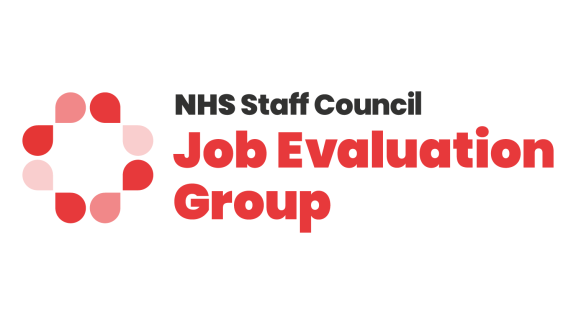GMC's workplace experiences report is published

Today, (Thursday 8 August) the General Medical Council (GMC) has launched its report, that looks at doctors' workplace experiences in the UK.
The report warns that following years of decreasing satisfaction and burnout, doctors are reducing their hours to safeguard and improve their wellbeing and to reduce potential risk to patient care.
The GMC also says that if this continues unaddressed, it could lead to health services being reduced, putting patients at risk.
The report reveals:
- 19 per cent of doctors are reducing their working hours compared with 18 per cent in 2022and 8 per cent in 2021.
- One in three doctors were struggling with the workload and working beyond their rostered hours.
- 23 per cent of doctors took a leave of absence due to stress in the previous year, compared with 22 per cent in 2022 and 17 per cent in 2021.
- 48 per cent of GPs are struggling and consistently have worse experiences than other groups.
- Doctors with disabilities are more likely to be dissatisfied with their work than doctors without (44 per cent vs 33 per cent) and are more likely to consider retiring early (13 per cent versus 7 per cent).
What employers can do
The report says that employers should focus on:
- Developing more compassionate leadership.
- Creating a supportive and inclusive environment, which provides inductions for new staff.
- Demonstrating that doctors and other health professionals are valued.
- Ensure doctors feel empowered and listened to.
Access the GMC's report, the state of medical education and practice: workplace experiences 2024.
Charlie Massey, chief executive, GMC said: “We know that when doctors are overworked and under supported there is a risk not only to doctors themselves, but also to patient care. These data show that more doctors are now taking matters into their own hands, not just to protect their own health and wellbeing, but that of their patients as well. For many, this will often be the only responsible course to deliver safe care. But this action comes with risks. We must be clear that doctors protecting their wellbeing is essential, but they shouldn’t feel their only option is to reduce their working hours. This presents challenges in capacity planning, adding further pressure to services that are already stretched.”


